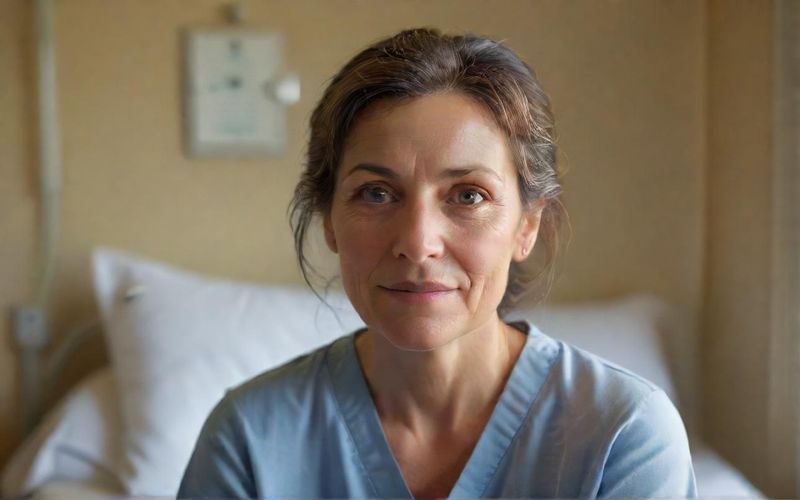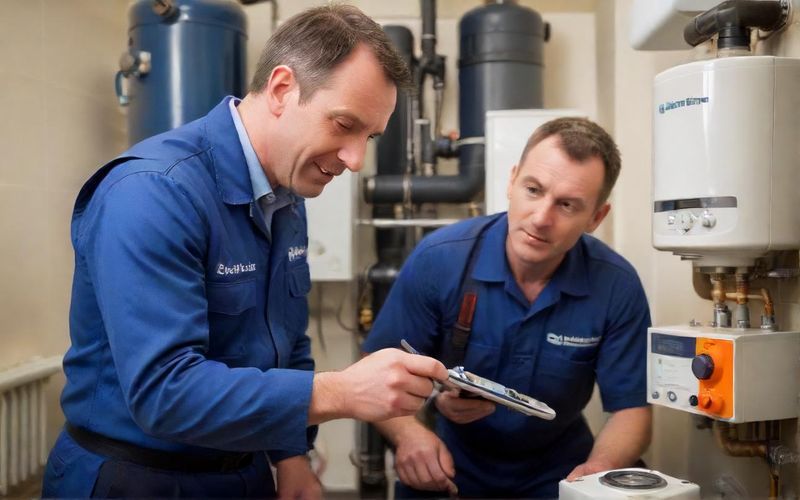NHS Goes Digital: A Health Mirror for the Future?

The concept, as explained by Health Secretary Wes Streeting and championed by Sir Keir Starmer, is essentially an "online hospital." The goal is to modernize how we access care, making it quicker and more convenient for many. Imagine being able to have assessments, check-ups, and follow-up appointments all through the NHS app, from the comfort of your own home. As reported by the BBC, this isn't just a theoretical idea; it builds on successful pilots, like the one at University Hospital Southampton that saw a significant reduction in waiting times for inflammatory bowel disease patients through virtual follow-ups. Moorfields Eye Hospital has also seen success with a virtual system for non-emergency eye referrals.
The hope is that this digital shift will free up vital capacity for those who truly need face-to-face appointments, creating a better experience for everyone. It's about modernizing, moving with the times, and offering more control over our own health journeys, as NHS England chief executive Sir Jim Mackey puts it. The ambition is to deliver millions more appointments, which certainly sounds promising when you consider the waiting lists many people face.
However, as with any big change, there are questions and a healthy dose of caution. Experts, like those at the Nuffield Trust and the British Medical Association, are raising important points about implementation. Will there be enough dedicated staff for this online service? How will we ensure that patients who aren't digitally savvy aren't left behind? And crucially, how will we make sure that only those patients for whom it's safe and appropriate are directed to this digital pathway, preventing the kind of chaos some have warned about with other online booking systems? It’s a delicate balance, like looking in the mirror and seeing the potential for improvement while acknowledging the need to handle the reflection with care.
What are your thoughts on this digital mirror for the NHS? Will it reflect a brighter future for healthcare, or are there deeper issues that technology alone can't fix?









